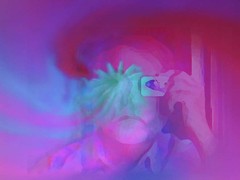 When you write as much as I do, you tend to start seeing the larger context of your world view, and forget that some people are just poking their heads in every once in a while, for snapshots, and those snapshots can easily be misinterpreted.
When you write as much as I do, you tend to start seeing the larger context of your world view, and forget that some people are just poking their heads in every once in a while, for snapshots, and those snapshots can easily be misinterpreted.
Hence, yesterday, when someone I happen to respect a great deal, completely misunderstood something that I said, I feel a need to re-explain.
I said, It’s not about the Technology, It’s about the Information.
This statement comes from my extreme dissatisfaction with the term, integrate technology, as it is used a conferences and other staff development events to urge teachers to modernize their classrooms.
Many people say that, “technology is only a tool,” and this is correct. I would continue by saying that information is also a tool, used to construct knowledge. My question is what should teachers be thinking of as they are working through ways to modernize their classrooms. Should they be thinking of the machines? Or is there something else?
I think of my children and the learning experiences that they engage in on their own time and for their own reason. I believe that this is a valid place to look, because the future we are preparing them for will be the future that they choose. So their practices are quite relevant.
When I see them playing their video games and working their MySpace sites, I do not see them thinking about the technology. It’s merely the pencil and paper they are working with. it’s what their muscles are working. Their minds are engaged in the information. It’s the information that they are thinking about, not the machines.
Perhaps this is where we should be, thinking about the information. The information has changed dramatically in the last few years. It glows, it grows, it can be reshaped in amazing ways and with amazing affects, and it is even beginning to reshape itself. It’s fluid and dynamic, and that’s scary for a lot of us. But it is this new information landscape that our focus should be on, as we work through modernizing our classrooms — not the machines. If we think about the new information and the new literacies that they demand, and try to integrate that, then the technology will come on its own. Technology is the conduit. It’s the pencil and paper. The real tool is the information.
Of course, that guy is a really smart fellow. Maybe I’m completely wrong!
technorati tags:warlick, conference, ncetc, ncetc06, information, education, technology
Blogged with Flock
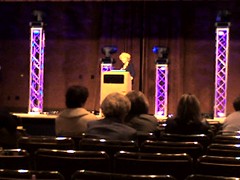 Other than the keynote, I’ve been able to see only one presentation here at NCETC (hh). It was the last three-quarters of Tammy Worcester’s featured presentation. As one NCETC blogger, Danita Russell, said,
Other than the keynote, I’ve been able to see only one presentation here at NCETC (hh). It was the last three-quarters of Tammy Worcester’s featured presentation. As one NCETC blogger, Danita Russell, said,

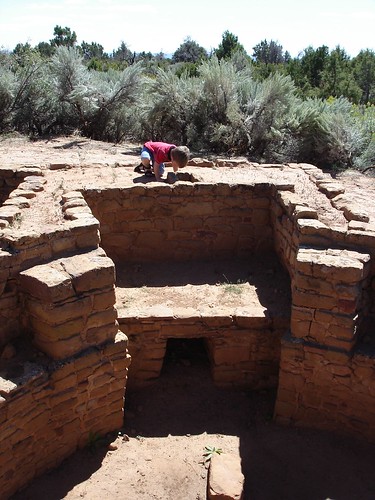 I woke this morning and found reference to this blog in my aggregator.
I woke this morning and found reference to this blog in my aggregator. 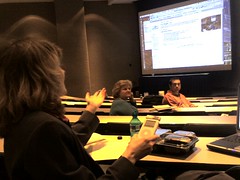
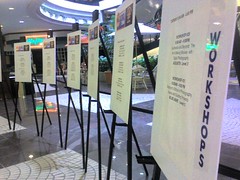 I did a workshop on wikis today, and, by all accounts, it was a
I did a workshop on wikis today, and, by all accounts, it was a 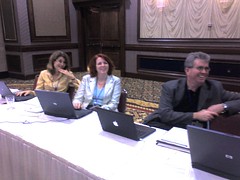
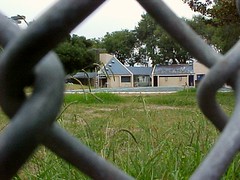



 When you write as much as I do, you tend to start seeing the larger context of your world view, and forget that some people are just poking their heads in every once in a while, for snapshots, and those snapshots can easily be misinterpreted.
When you write as much as I do, you tend to start seeing the larger context of your world view, and forget that some people are just poking their heads in every once in a while, for snapshots, and those snapshots can easily be misinterpreted.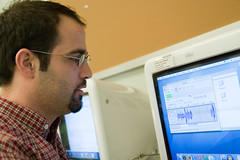 Those who have read my blog for a while, know how vexed I get about educations willingness to beg for funding to do its job — to the point that begging has become a part of the institution. So you can imagine that I didn’t start this month’s issue of
Those who have read my blog for a while, know how vexed I get about educations willingness to beg for funding to do its job — to the point that begging has become a part of the institution. So you can imagine that I didn’t start this month’s issue of